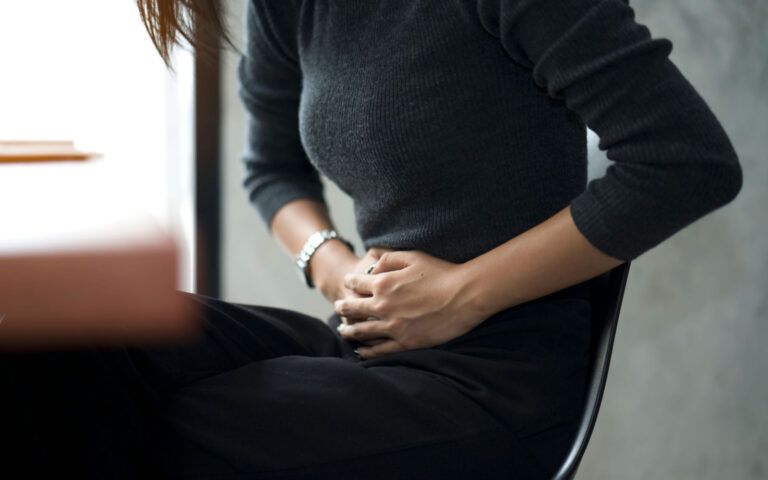No one is entirely aware of what the appendix does. It’s about 3.5 inches long, and you can live without it. However, this can be an emergency if the appendix faces a blockage. 1 in 20 individuals in the United States generally has to have their appendix removed at some time.
What are the Indicators of Appendicitis?
There isn’t a lot of information out there about the appendix, true enough. But most physicians can recognize the signs of appendicitis. There are five significant appendicitis indicators, and those are:
- Abdominal pain on your lower right side – Unlike the gallbladder or stomach, the appendix is on your right. If there is a sudden, sharp pain on the right side of your stomach, it could be a sign of appendicitis. It could also be a sign of an infected appendix; the pain sometimes feels centered near your navel.
- Nausea and vomiting – Appendicitis can affect your digestive system. A blockage of the intestines or an appendix infection generally causes appendicitis. The appendix, when infected, will become inflamed and cause digestive problems. These digestive issues generally result in nausea and vomiting. It will become a struggle to keep anything down once the pain starts, and sometimes before.
- Constipation, an inability to pass gas, and cramps – A blockage in your intestines is usually related to appendicitis. If you’re struggling with consistent, uncomfortable constipation or inability to pass gas, it could result from a partial or total obstruction of your bowels. On the other hand, appendicitis can also cause severe diarrhea and stomach cramps.
- Fever and chills – Fevers are your body’s way of fighting infection. Paired with abdominal pain, nausea, and other symptoms, a low-grade fever might indicate that your appendix needs attention. If your appendix ruptures, your fever will skyrocket.
- Urinary Tract Infection Symptoms – Appendicitis can also appear to be a urinary tract infection (UTI), making passing urine difficult and painful. If you display symptoms of a UTI paired with any of the above symptoms, it could be an issue with your appendix instead of a bladder issue. Seek medical attention immediately to prevent your appendix from rupturing.
Any combination of appendicitis symptoms should be enough to send you to the doctor immediately. Accurate diagnosis is vital to ensure you get the proper treatment. Food, drink, laxatives, and heating pads can cause an inflamed appendix to rupture, so avoid these as much as possible. If you cannot see your primary physician immediately, go to the emergency room if you’re experiencing appendicitis.
Seek Medical Care Immediately
Ruptured appendices are medical emergencies that require immediate surgery to remove the appendix. If left untreated, a ruptured appendix can leak harmful bacteria into your abdominal cavity, resulting in peritonitis. This inflammation of the lining inside your abdomen can be life-threatening. Appendicitis can be imposing and frightening, but the surgery to remove the appendix is relatively simple and painless. Appemdectomies are performed laparoscopically, only resulting in a few small incisions. These smaller incisions heal faster than most, and you’re back to your old self in no time.




